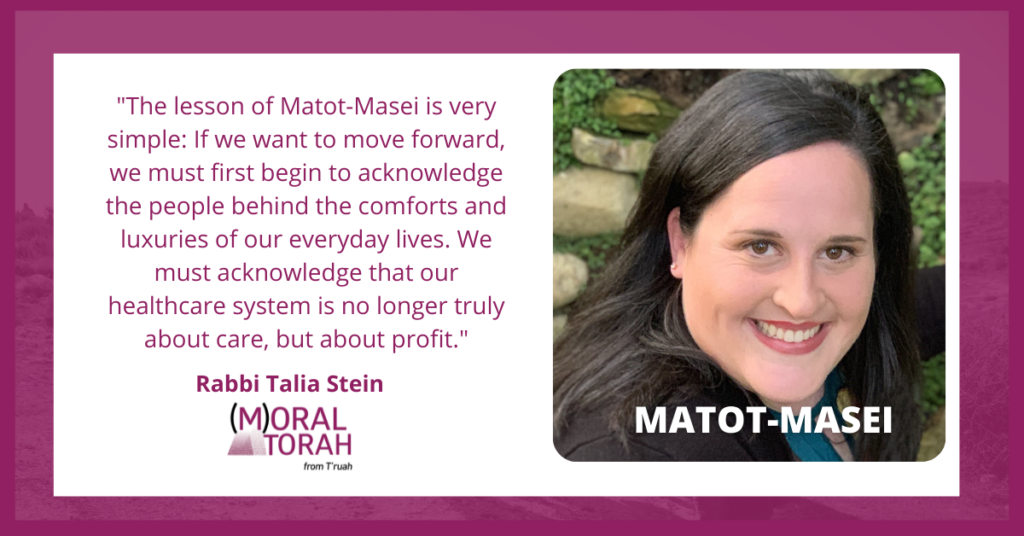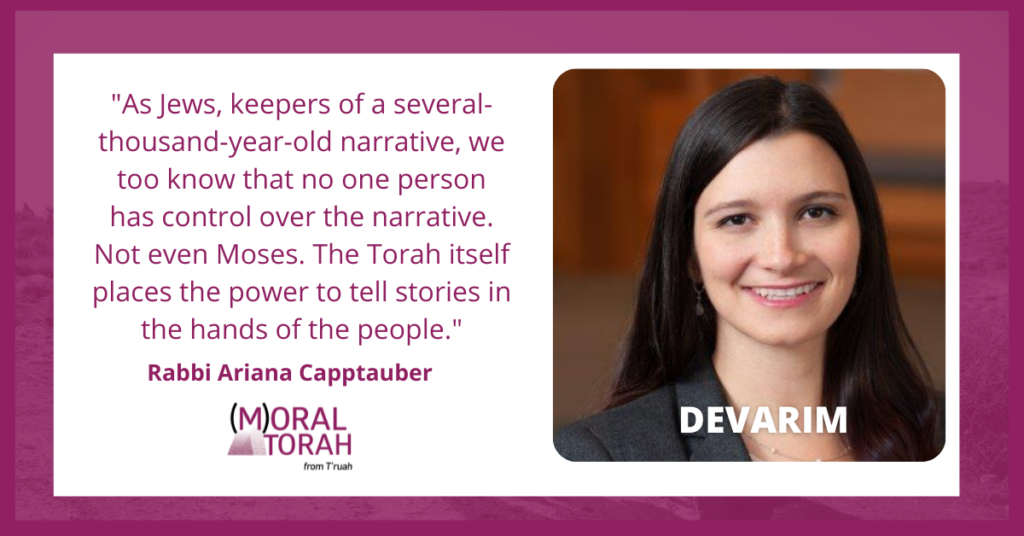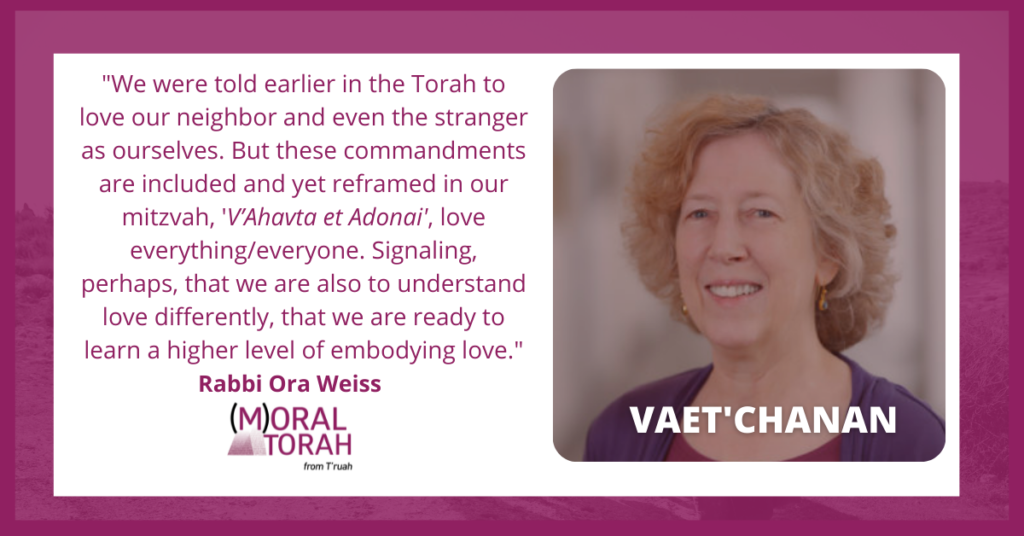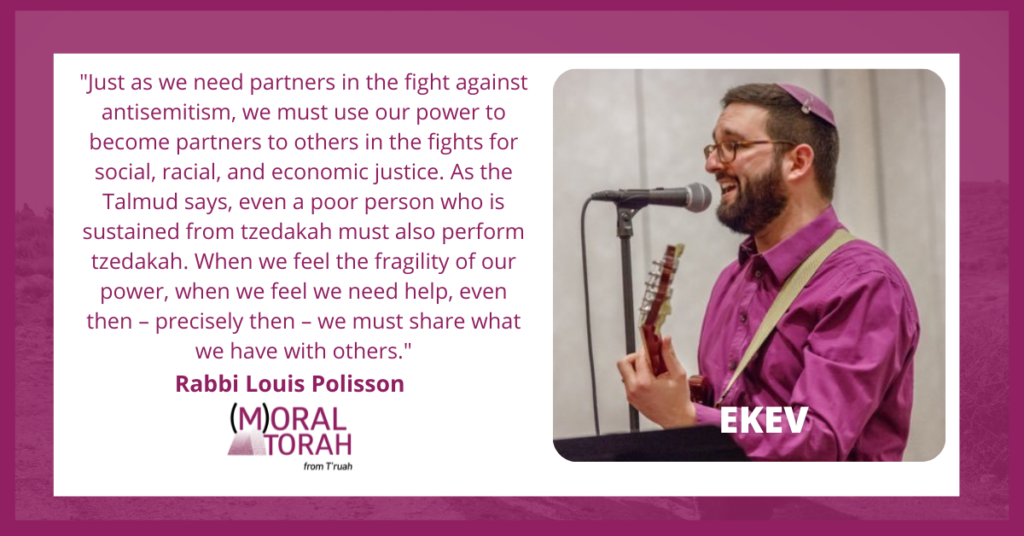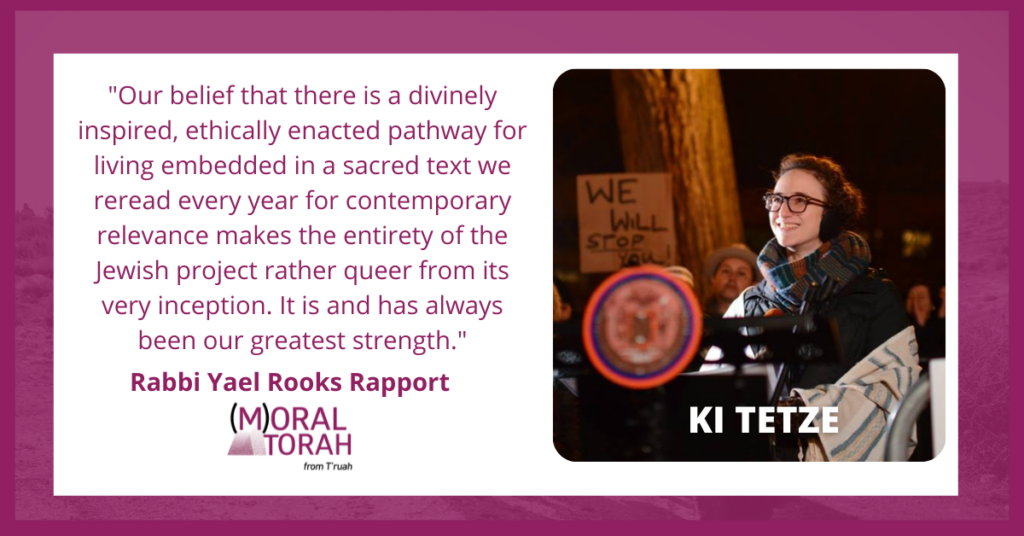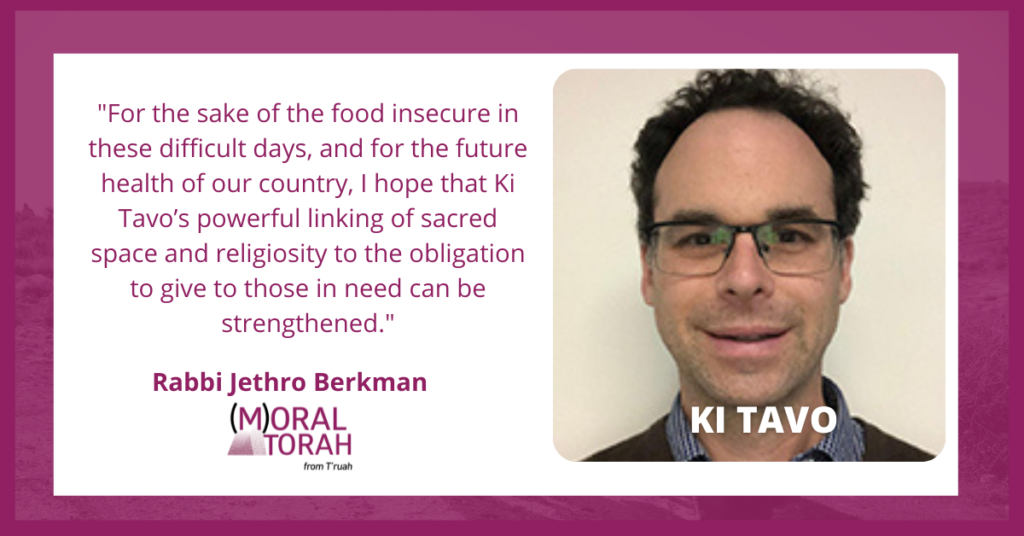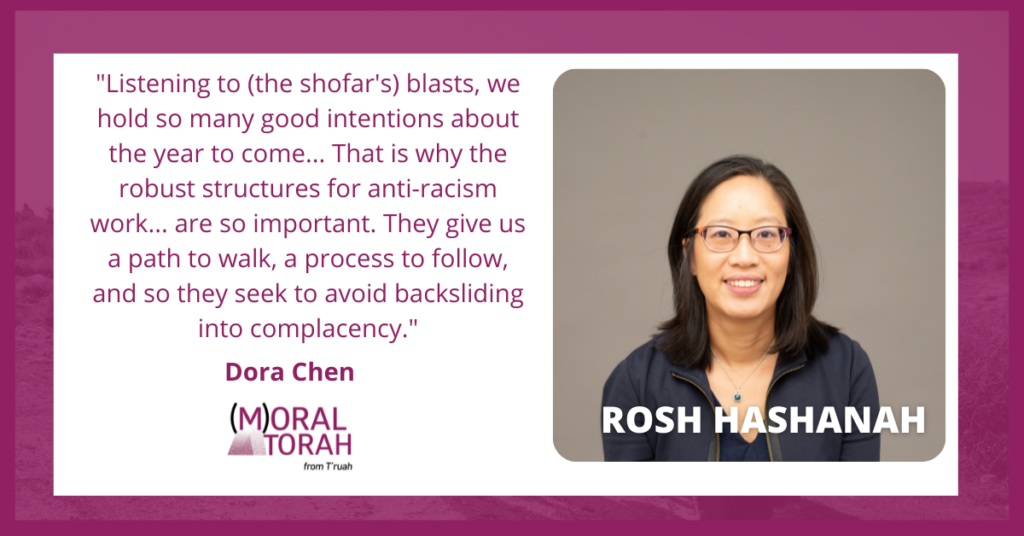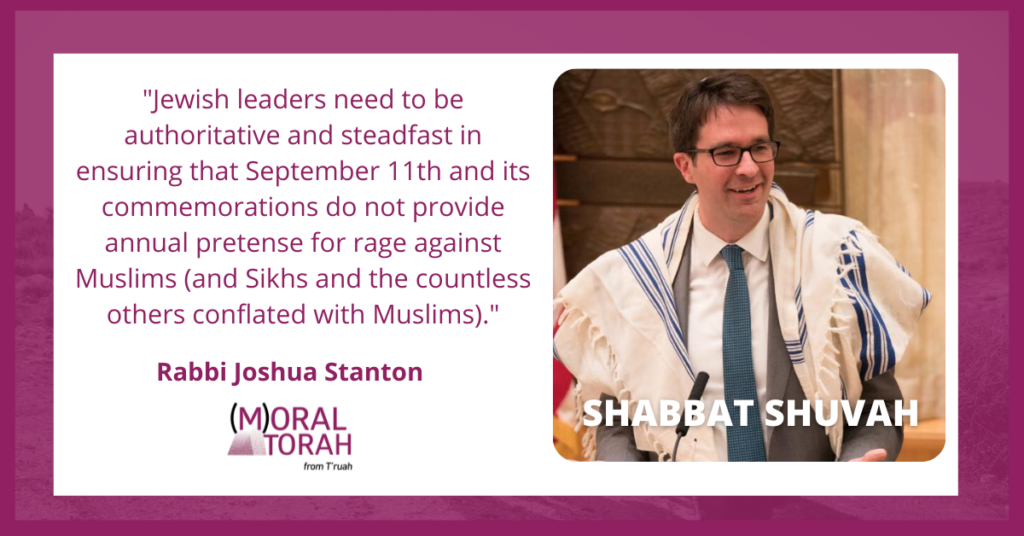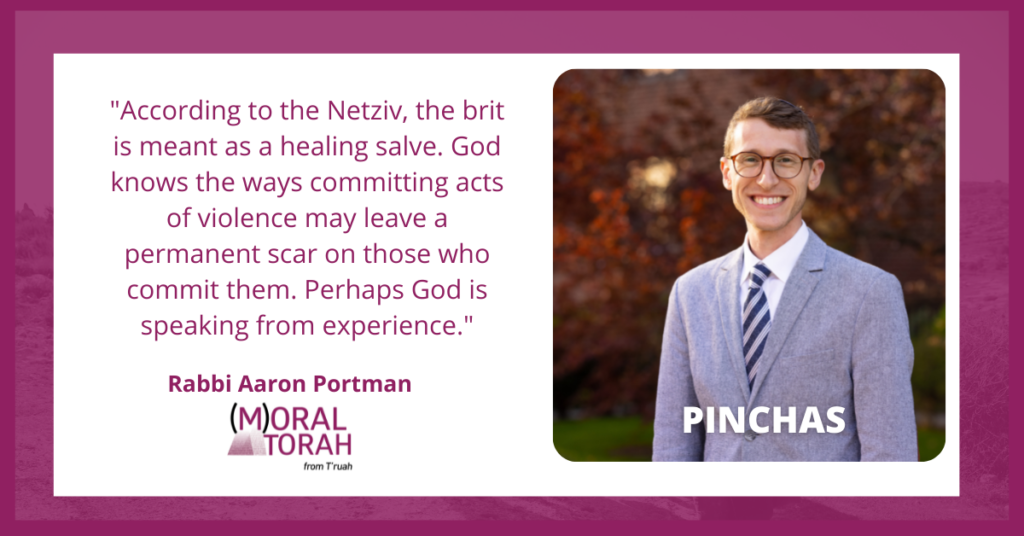
Reckoning With the Harm We’ve Caused
According to the Netziv, the brit is meant as a healing salve. God knows the ways committing acts of violence may leave a permanent scar on those who commit them. Perhaps God is speaking from experience.
read more

